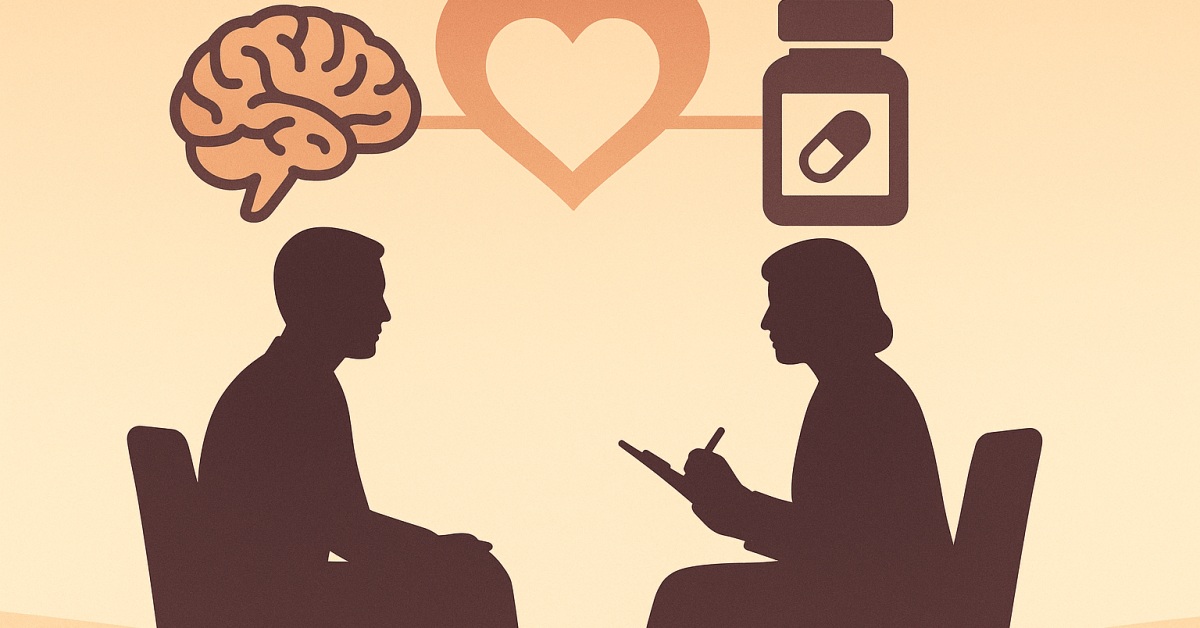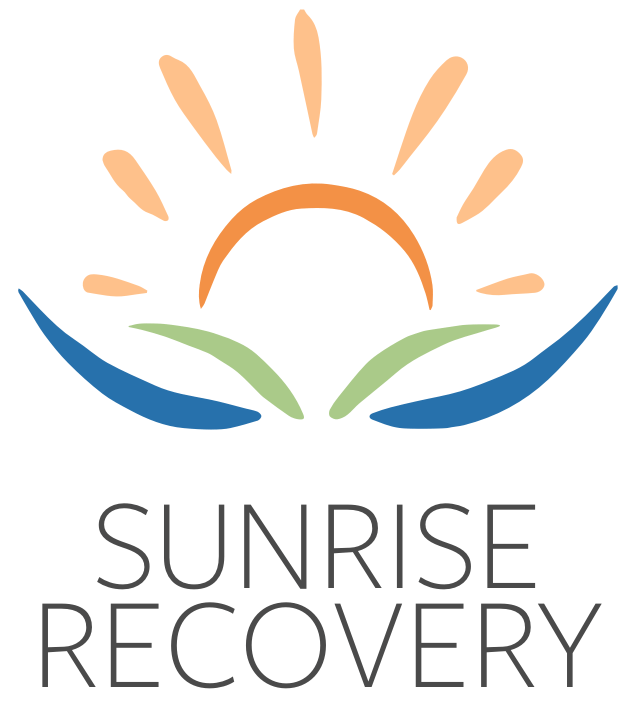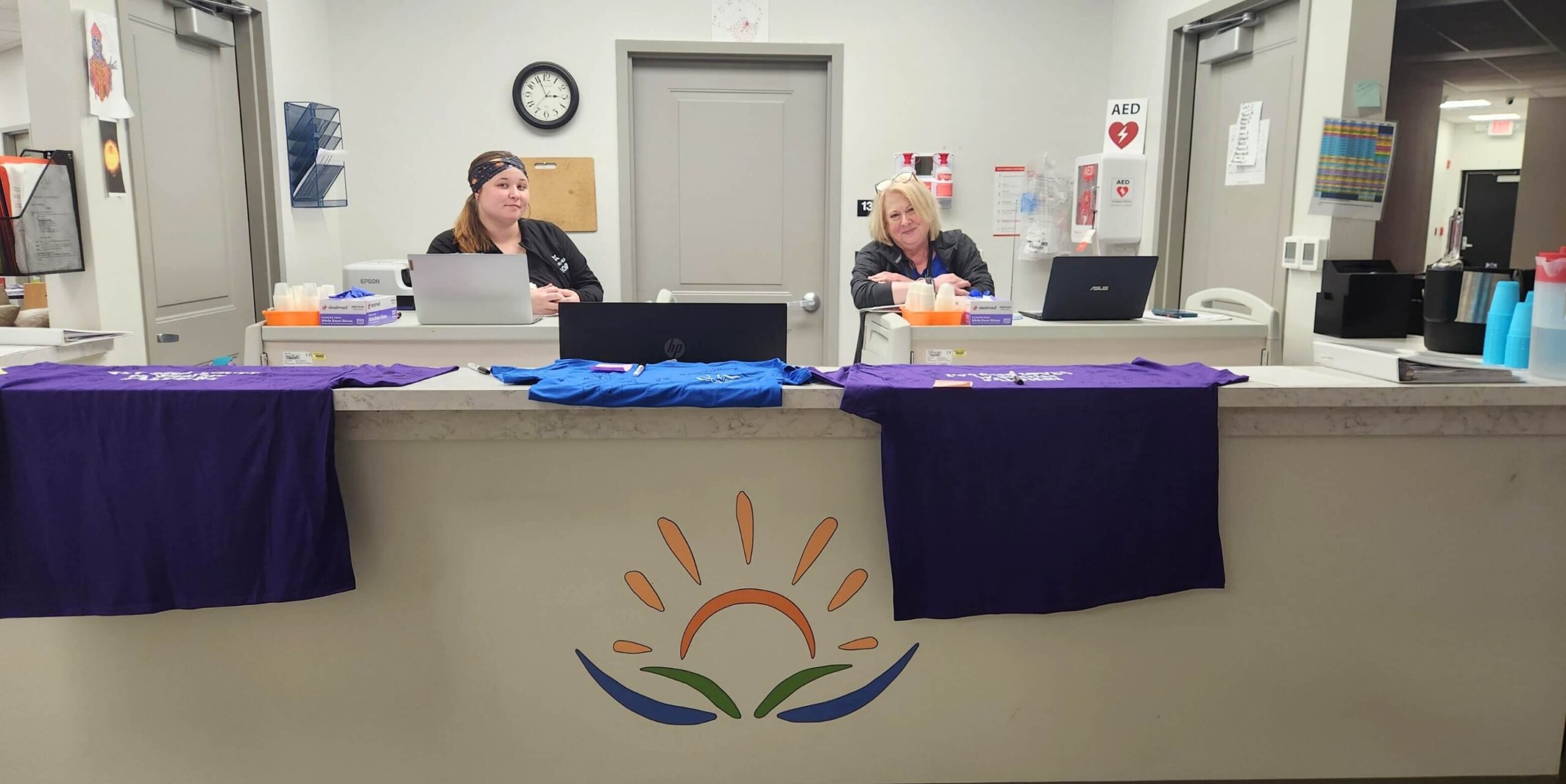Mental health disorders and substance use disorders often occur at the same time. This condition, known as dual diagnosis, creates complex challenges that affect treatment outcomes. Symptoms from one disorder can worsen the other, making recovery more difficult when care is not coordinated.
Programs that treat both conditions together can improve outcomes by addressing the full scope of the individual’s needs. This approach supports symptom stabilization, reduces relapse risk, and builds a stronger foundation for long-term progress.
This article explains what dual diagnosis treatment is, how it works, and why integrated care is essential for lasting recovery.
What Is Dual Diagnosis Treatment?
Dual diagnosis treatment is a structured approach that addresses both a mental health disorder and a substance use disorder at the same time. This combination of conditions, also called co-occurring disorders, often leads to more complex symptoms and treatment needs.
Understanding the concept behind dual diagnosis treatment involves recognizing the importance of integrated care. These programs do not separate mental health and addiction services. Instead, they coordinate therapy, psychiatric care, and support services to address both conditions together.
A typical treatment plan may include individual counseling, group therapy, medication management, and behavioral interventions. Each element works toward stabilizing symptoms, improving daily functioning, and reducing the risk of relapse.
Common Co-Occurring Disorders
Dual diagnosis can involve different combinations of mental health and substance use disorders. Some patterns appear more frequently in clinical settings and can guide both diagnosis and treatment. These pairings often reflect the way one condition affects the other.
Depression and Alcohol Abuse
People with depression may use alcohol to avoid emotional distress or persistent sadness. Alcohol use may worsen mood symptoms and lower energy levels. Over time, this cycle can increase the risk of suicidal thoughts or hospitalization.
Anxiety and Benzodiazepine Misuse
Benzodiazepines are often prescribed for anxiety but may lead to dependence when misused. Individuals may increase their dosage to relieve panic or tension. Long-term use can worsen anxiety and create withdrawal symptoms that mimic the original condition.
PTSD and Opioid Addiction
PTSD is commonly linked to opioid misuse in individuals managing trauma-related symptoms. Opioids may provide short-term relief but often increase emotional numbing and dependence. This combination makes trauma treatment more difficult.
Bipolar Disorder and Stimulant Use
Stimulants are sometimes used by individuals with bipolar disorder to enhance energy or focus during manic phases. These substances may increase impulsive behavior and agitation. Continued use disrupts mood stability and interferes with proper diagnosis.
Borderline Personality Disorder and Substance Use
Borderline personality disorder involves intense emotions, unstable relationships, and poor impulse control. Individuals may use substances to manage emotional pain or fear of abandonment. This behavior can worsen symptoms and slow therapeutic progress.
Why Dual Diagnosis Is Often Overlooked
Dual diagnosis is common but frequently missed during screening or early treatment. Individuals with co-occurring disorders may receive care that addresses only one condition, which limits recovery and increases the risk of relapse. This often results from gaps in evaluation, stigma, or limitations in available services.
Misdiagnosis or Incomplete Evaluation
Symptoms of substance use can resemble or hide sins of mental illness. For example, anxiety or mood changes caused by withdrawal may be mistaken for a primary psychiatric disorder. Without a full clinical assessment, providers may overlook one condition and create a treatment plan that does not address the full scope of the patient’s needs.
Stigma and Self-Medication
Fear of judgment may prevent individuals from disclosing symptoms of either condition. Some may use drugs or alcohol to manage untreated anxiety, depression, or trauma. This coping behavior often delays diagnosis and complicates future treatment.
Lack of Integrated Care
Many programs are structured to treat either addiction or mental health, but not both. When care is fragmented, patients must navigate multiple systems that do not communicate or coordinate services. This disconnect can result in incomplete treatment, higher relapse risk, and poor long-term outcomes.
The Importance of Integrated Treatment
Treating one condition without the other often leads to relapse or limited progress. Dual diagnosis treatment addresses both disorders at the same time through a coordinated care plan. This integrated approach improves symptom management, continuity of care, and long-term outcomes.
- Stabilization of Mental and Physical Health: Medical teams monitor withdrawal symptoms and psychiatric changes to reduce complications and support early recovery.
- Improved Symptom Management: Integrated care helps patients manage emotional and behavioral symptoms without relying on substances.
- Reduced Fragmentation of Care: Coordinated services provide a unified treatment plan that addresses both mental health and substance use needs.
- Better Long-Term Outcomes: patients in integrated programs show stronger treatment engagement, lower relapse rates, and more stable recovery outcomes.
Dual diagnosis treatment is not an optional model. It is necessary for individuals living with co-occurring disorders. A unified treatment plan improves safety, consistency, and long-term health outcomes.
What Comprehensive Dual Diagnosis Treatment Looks Like
A full treatment plan for co-occurring disorders addresses both conditions at the same time. Care is structured to meet medical, psychological, and behavioral needs. Each service supports recovery by managing symptoms, building skills, and maintaining long-term stability.
Medical Detox with Psychiatric Oversight
Patients who enter treatment often require detoxification from drugs or alcohol. This process can involve physical and psychological risks, especially for individuals with preexisting mental health conditions. Medical teams provide 24-hour supervision and psychiatric evaluation to ensure a safe and stable withdrawal process.
Individual and Group Therapy
Therapies such as Cognitive Behavioral Therapy (CBT) and Dialectical Behavior Therapy (DBT) help patients identify unhelpful thought patterns, regulate emotions, and manage triggers. Trauma-informed care is also integrated into many programs to address unresolved trauma. These therapies are delivered in both individual sessions and structured group formats.
Medication-Assisted Treatment (MAT)
Some patients benefit from FDA-approved medications that support recovery. These may include medications to reduce withdrawal symptoms, control cravings, or stabilize mood. All medications are prescribed and monitored by licensed medical professionals who understand the interaction between psychiatric and addiction-related symptoms.
Holistic and Supportive Interventions
Nutritional counseling, structured exercise, mindfulness practices, and creative therapies are used to support physical and emotional health. These approaches complement clinical care by promoting overall well-being and giving patients tools to manage stress and regulate mood.
Family Involvement and Psychoeducation
In many cases, family dynamics influence both mental health and substance use patterns. Treatment centers often provide structured programs for family members. These sessions offer education, communication strategies, and emotional support to improve relationships and reduce relapse risk at home.
The Role of Aftercare and Long-Term Support
Recovery does not end when a residential program is completed. Long-term support helps patients apply what they’ve learned and reduce the risk of relapse. Aftercare is a structured continuation of care that supports stability and accountability during reentry into daily life.
Common components of aftercare include:
- Outpatient Therapy: Ongoing counseling sessions allow individuals to continue addressing triggers, stress, and symptoms in real-world settings.
- Support Groups: Peer-led groups such as Dual Recovery Anonymous provide shared accountability and reduce isolation in recovery.
- Alumni Programs: Check-ins, educational events, and relapse prevention strategies help maintain engagement and promote long-term progress.
Each of these services reinforces the foundation built during treatment. Aftercare planning is a core part of effective dual diagnosis treatment.
How Sunrise Recovery Treats Dual Diagnosis
Sunrise Recovery offers structured care for individuals with co-occurring disorders. Our dual diagnosis treatment center provides:
- Licensed staff trained in mental health and addiction
- Individualized treatment plans based on clinical assessment
- Medical detox with psychiatric supervision
- Evidence-based therapy combined with holistic wellness
- Education and support for families and caregivers
Patients seeking effective care for co-occurring disorders will find structured, integrated support at Sunrise Recovery. For those searching for dual diagnosis treatment near me, our program offers coordinated care that addresses both mental health and substance use with clinical precision.
Final Thoughts
Dual diagnosis treatment addresses the full scope of co-occurring mental health and substance use disorders. Treating both conditions together leads to better clinical outcomes, fewer relapses, and more stable recovery.
Sunrise Recovery offers integrated care through personalized plans, licensed professionals, and evidence-based treatment. Our program is designed to support long-term recovery by meeting both emotional and physical health needs in one coordinated setting.
Frequently Asked Questions (FAQs)
Can mental health issues cause substance abuse?
Yes. Individuals with untreated mental health disorders may use drugs or alcohol to manage symptoms such as anxiety, insomnia, or emotional pain. This pattern is known as self-medication and often leads to dependence or addiction over time.
How is dual diagnosis different from addiction alone?
Dual diagnosis involves both a substance use disorder and a mental health condition, such as depression, anxiety, or PTSD. Addiction alone refers only to substance use without a co-occurring psychiatric diagnosis. Treatment for dual diagnosis requires coordinated care to address both conditions at the same time.
Does Sunrise Recovery treat dual diagnosis patients?
Yes. Sunrise Recovery provides integrated care for individuals with co-occurring disorders. Each patient receives a personalized treatment plan that includes clinical therapy, psychiatric evaluation, medication management, and support services.
What types of therapies does Sunrise Recovery offer for dual diagnosis?
Sunrise Recovery offers individual and group therapy, Cognitive Behavioral Therapy (CBT), Dialectical Behavior Therapy (DBT), and trauma-informed care. Holistic practices such as mindfulness and wellness education are also included to support long-term recovery.
Is aftercare available at Sunrise Recovery for dual diagnosis patients?
Yes. After completing residential treatment, patients can access outpatient therapy, alumni check-ins, and structured relapse prevention services. These programs help maintain progress and reduce the risk of relapse during long-term recovery.







